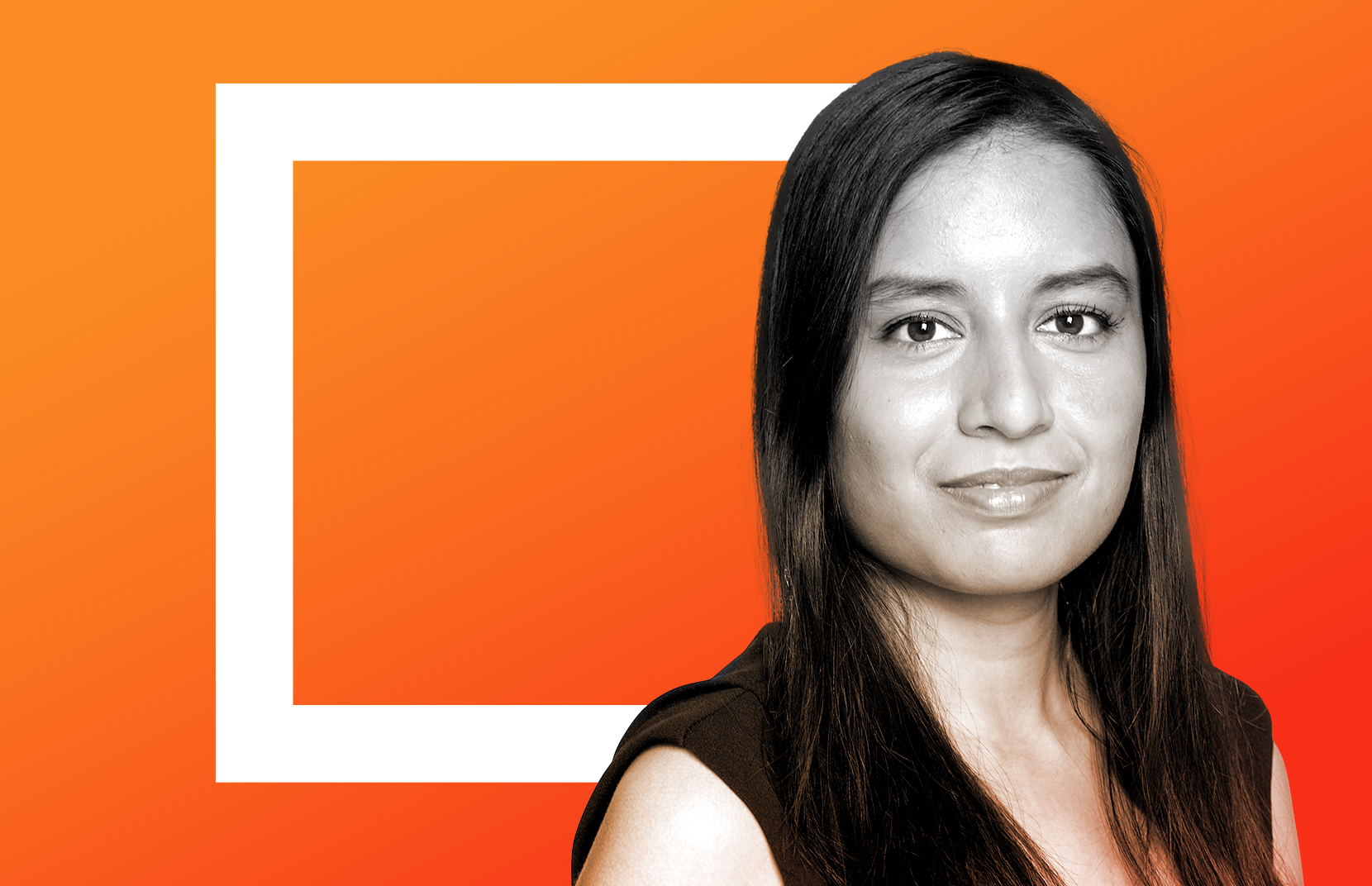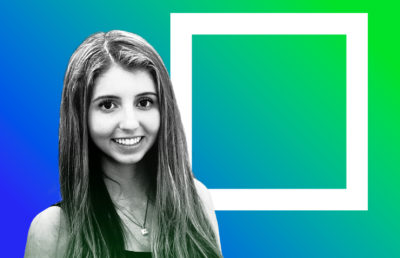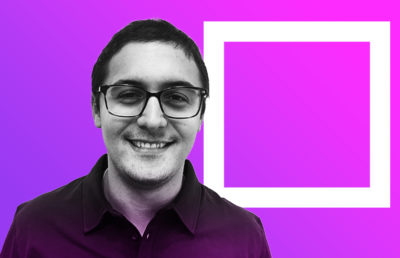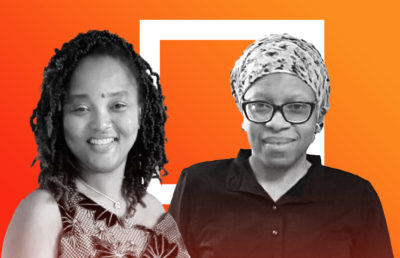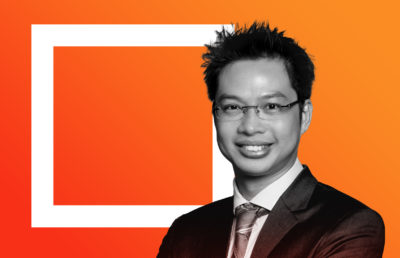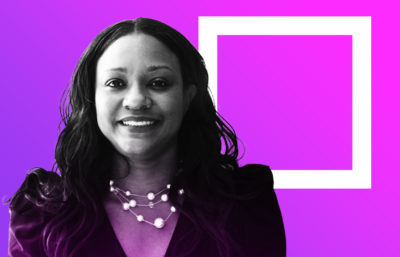Portfolio Manager Megha Gupta reflects on growing up in India, her journey from quantitative research to portfolio management and offers advice to new WorldQuant employees.
Tell us about your hometown. Where did you grow up? What was it like?
I was born in a small town in Rajasthan, a state in northern India. Growing up, I spent my childhood in multiple places across western and central parts of the country. Each place had its unique facets and exposed me to a variety of cultures and languages. I have studied in seven schools — meeting new people, making friends, blending into different education systems and learning to appreciate multiple perspectives have positively influenced my personality and thinking.
Tell us about your college experience. What did you study?
I studied electrical engineering and computer science at IIT Bombay. My favorite courses and projects revolved around signal processing, machine learning and probability/statistics. I also took psychology and linguistics courses and found them to be quite interesting.
Beyond academics, I was involved in many tech-related activities — I was my dorm’s technical secretary and participated in various robotics competitions, including an international one where we built a Mars Rover prototype and tested its capabilities at the Mars Desert Research Station in Utah.
You started at WorldQuant as a researcher and then became a portfolio manager — can you tell us a little about your career path?
I joined WorldQuant in 2016 as a quantitative researcher in the Mumbai office, right after college. I built several algorithms, called alphas,* that attempt to predict relative stock price movements. These alphas are based on an assortment of datasets, and financial and mathematical concepts. I am also a founding member of the Deep Research team, which focuses on new and unique types of alpha signals. As the project grew, I was offered the opportunity to relocate to the Connecticut office to become a portfolio manager to further its progress.
At WorldQuant, the general career trajectory for researchers is to either advance in the research org or become portfolio managers — both choices can be rewarding and partly depend on the individual’s preference. I moved to a PM role because I wanted to experience all aspects of quantitative trading.
What is it like working in portfolio management at WorldQuant?
My job as a portfolio manager is to build and trade quantitative strategies by taking the alphas made by our researchers and combining them in interesting ways. I also guide researchers in the alpha development process. The work of a PM can be challenging but also fulfilling, as you get to see your efforts trading in real time — which is fascinating. You have to be humble and adaptive, because the markets are dynamic and there will always be something new to add to your portfolio — be it in terms of mathematical models or financial knowledge.
What’s your favorite part of working at the firm?
I like the nonhierarchical structure and the independence to pursue one’s ideas. If your ideas are good, they will get noticed. There are various forums to talk directly with senior management. I also value the sheer diversity of people and thoughts. For one project, I was working in a team of five individuals based out of five countries and with quite different academic backgrounds. Each of us had our own way of approaching the same problem, and after every suggestion I would say to myself: “Oh, that makes sense. Why didn’t I think of it earlier?”
How does WorldQuant support you in your professional journey?
The growth opportunities at WorldQuant are immense, and everyone is supportive. Apart from the normal day-to-day activities, the firm provides avenues for continuous learning. I have leveraged these resources to complete the Chartered Financial Analyst levels and various online courses. There are also periodic workshops and sessions with renowned experts to stay up-to-date with advancements in relevant fields.
What does a typical day look like for you?
Typically, I maintain my current portfolio, develop more strategies and modules, and brainstorm new research directions. My schedule varies — some days are packed with meetings, while others are quiet and I just read, ideate and code.
Are you involved in any employee groups at WorldQuant?
I have participated in activities hosted by Women of WorldQuant (WOW), the Multicultural Group and the Reading Club. In 2021, the Multicultural Group had a recipe swap, which is memorable because I had just moved to the US and knew few people in the office. The event was a great icebreaker for me, and we all got to share some delicious holiday recipes.
Do you have any advice for incoming WorldQuant researchers or new hires?
I would say that one needs to be curious and proactive. While there are amazing advisers and managers to provide guidance, your research agenda is primarily driven by you. So ask questions and take that extra step to learn about the processes at WorldQuant and how you can add value to the system.
At the same time, it is easy to get overwhelmed and feel like you are missing out on a lot of the projects at WorldQuant. It is better to stay focused, prioritize and deliver high-quality results than to overload yourself with everything.
What do you like to do outside of work?
In my spare time, I enjoy reading, playing sports and exploring nearby areas. Recently, I’ve been experimenting with cooking and have tried some fun dishes.

